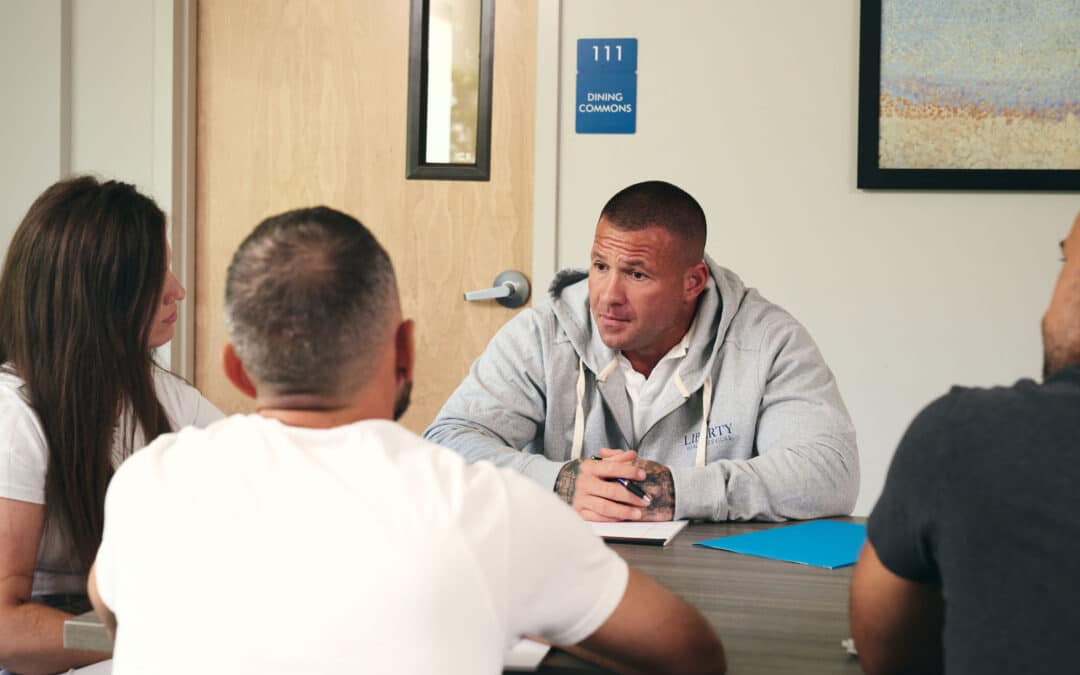For anyone who is considering attending an opiate addiction treatment center, there will be many questions and concerns. Opiate use can wreak havoc on a person’s life, and it often takes professional help to put things right again. The good news is that many people who have chosen to seek help from an opiate rehab center have successfully recovered from their addictions. It can be reassuring for someone who has just started their recovery journey to learn more about what to expect in an opiate addiction treatment center.
Do I Need Help For My Opiate Addiction?
The first step towards recovery is taking an honest inventory of opiate use’s impact on your life. It can be not easy to delve into these topics, but to achieve the rewards that recovery can bring, it is important to take an honest look at what is happening in your life.
Some questions to ask yourself if you think you may need help for opiate addiction are:
- Do you spend your days thinking about your opiate use, how to get more opiates, and when you will be able to use more?
- Are your finances suffering because of opiate use?
- Do you try to hide or conceal the extent of your opiate use from others?
- Has someone you care about confronted you about your opiate use?
- Have you gotten in trouble at work, school, or the law?
If you have answered ‘yes’ to any of these questions, you will benefit from speaking to a professional about your opiate use.
What Will Happen When I Get to the Treatment Center?
First, you will be oriented and evaluated by care staff to ensure that you know the rules and make certain that you will be given the best, most appropriate treatment for your situation. Usually, medical and therapeutic staff will collaborate with you on an individualized treatment plan designed to work best with your specific goals and circumstances.
You may be experiencing the early stages of withdrawal when you arrive. The care staff will ensure that you are as comfortable as possible and answer any questions about the detox process. Opiate abuse treatment often includes medication-assisted therapy (MAT) to help you transition more smoothly.
What Kinds of Therapy and Treatment Will I Receive?
Each treatment program is a bit different, but generally speaking, you will be given appropriate medical treatment and various therapies to help you start to uncover the root causes and triggers of your addiction.
Some of the different types of therapy that may be offered are:
- Individual therapy with a counselor
- Group therapy with peers who are also in the treatment program
- Family therapy
- Cognitive Behavioral Therapy (CBT)
- Dialectical Behavioral Therapy (DBT)
- Art, music, or nature therapy
- Wellness activities such as massage, meditation, and yoga
What Happens After I Complete the Program?
That will depend on what you and your care team determine is best for you. Many people transition to outpatient programs, sober living, or peer support meetings such as Narcotics Anonymous. The most important thing is to have a good support network to help you stay in recovery when times get tough. Everyone has challenges, but with the right help and support, it is possible to heal from addiction.
Liberty Health Services Is a Premiere Opiate Addiction Treatment Program in New Hampshire
Located on a serene forested property in Derry, New Hampshire, Liberty Health Services offers a perfect place to focus on recovery. We are committed to helping our clients and their families heal and achieve lasting recovery. Reach out to us today at 855.959.4521 and let us tell you how we can help.


